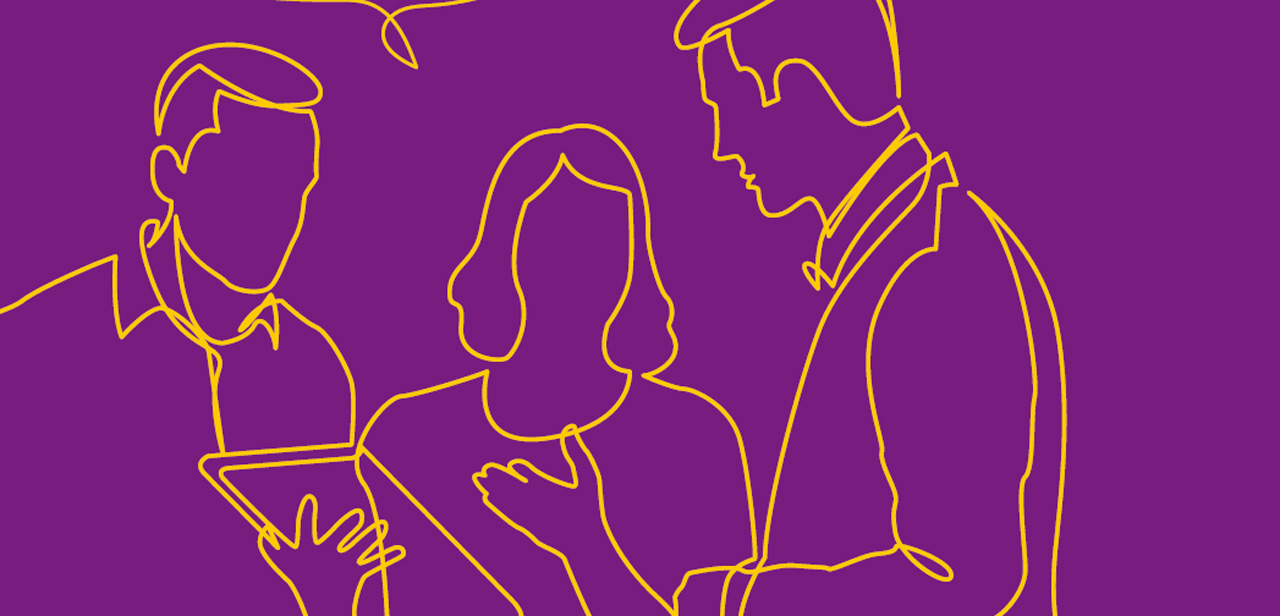While locally-acquired dengue virus (DENV) human infections occur in mainland France since 2010, data to identify the mosquito species involved and to trace the virus are frequently lacking. Supported by a local network gathering public health agencies and research laboratories, we analysed, in late summer 2023, mosquitoes from privately-owned traps within a French urban neighbourhood affected by a dengue cluster. The cluster, in Auvergne-Rhône-Alpes, comprised three cases, including two autochthonous ones. Upon return from a recent visit to the French Caribbean Islands, the third case had consulted healthcare because of dengue-compatible symptoms, but dengue had not been recognised. For the two autochthonous cases, DENV-specific antibodies in serum or a positive quantitative PCR for DENV confirmed DENV infection. The third case had anti-flavivirus IgMs. No DENV genetic sequences were obtained from affected individuals but Aedes albopictus mosquitoes trapped less than 200 m from the autochthonous cases" residence contained DENV. Genetic data from the mosquito-derived DENV linked the cluster to the 2023-2024 dengue outbreak in the French Caribbean Islands. This study highlights the importance of raising mosquito-borne disease awareness among healthcare professionals. It demonstrates Ae. albopictus as a DENV vector in mainland France and the value of private mosquito traps for entomo-virological surveillance.
Auteur : Viginier Barbara, Klitting Raphaëlle, Galon Clémence, Bonnefoux Violaine, Bellet Christophe, Fontaine Albin, Brottet Élise, Paty Marie-Claire, Mercurol Armelle, Ragozin Nathalie, Moutailler Sara, Grard Gilda, de Lamballerie Xavier, Arnaud Frédérick, Ratinier Maxime, Raquin Vincent
Eurosurveillance, 2024, vol. 29, n°. 36, p. 22-33


